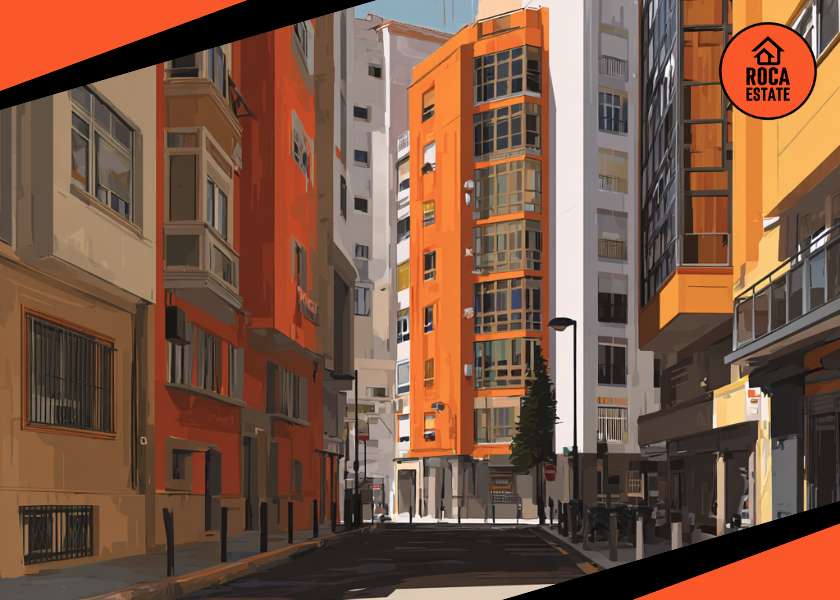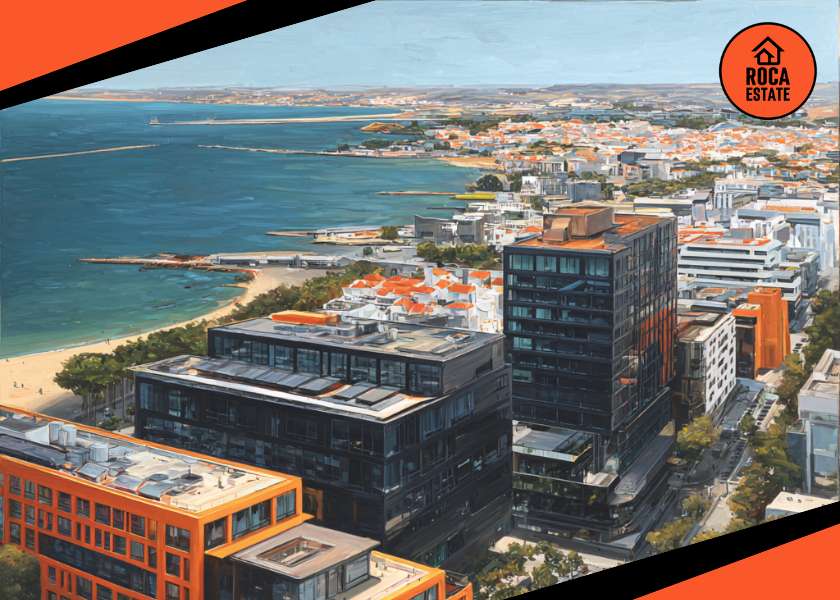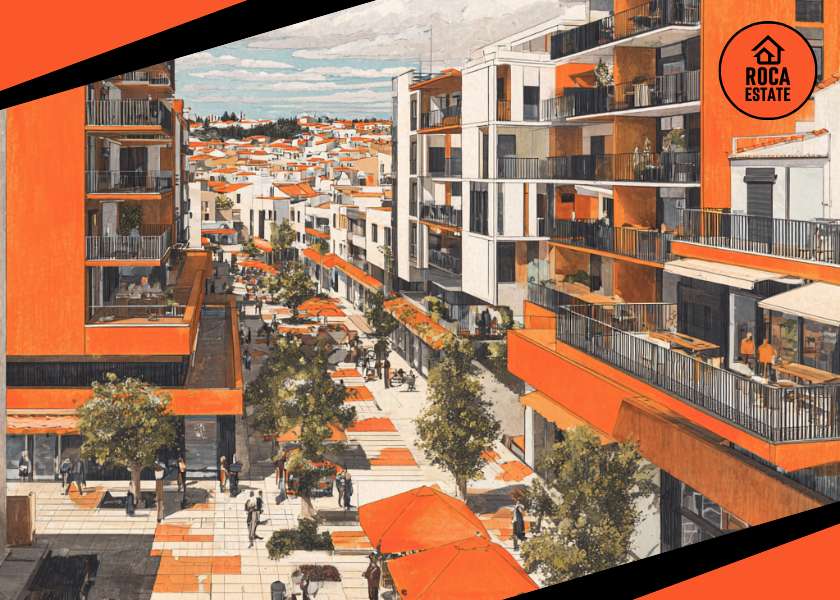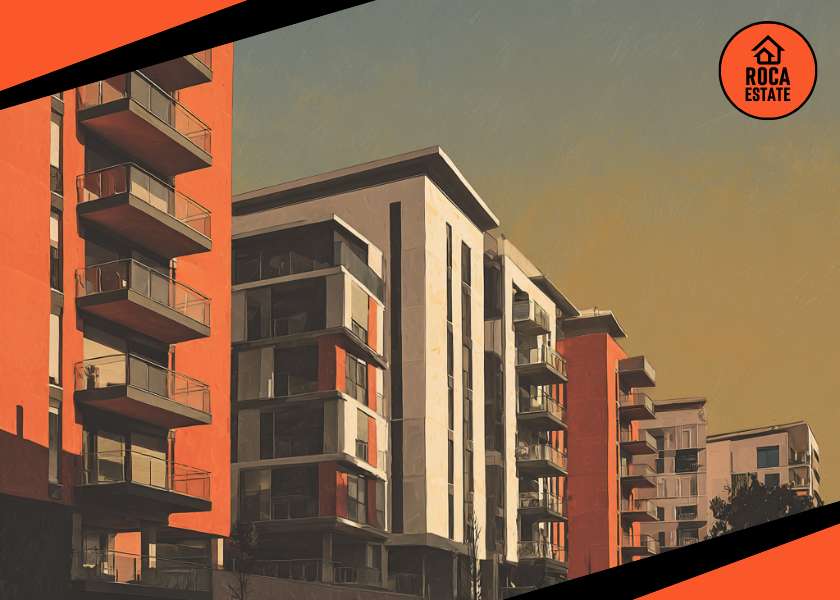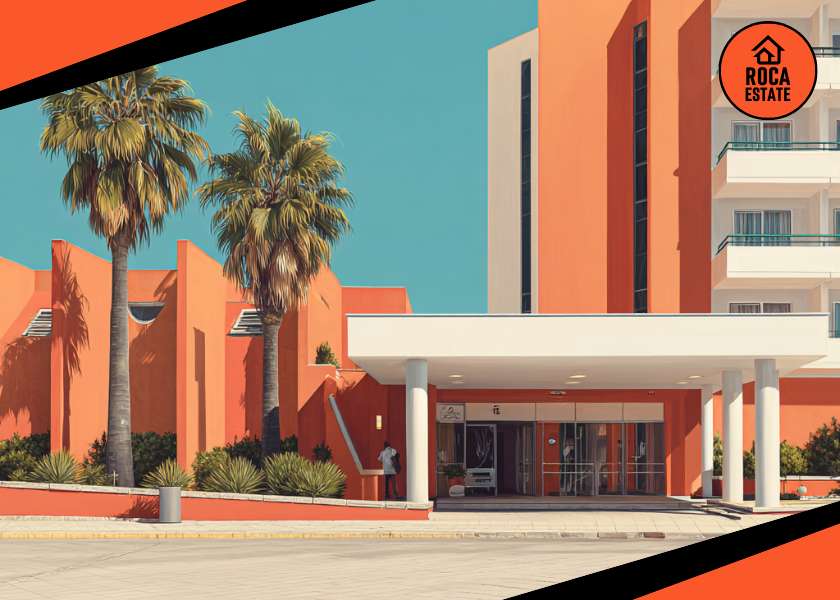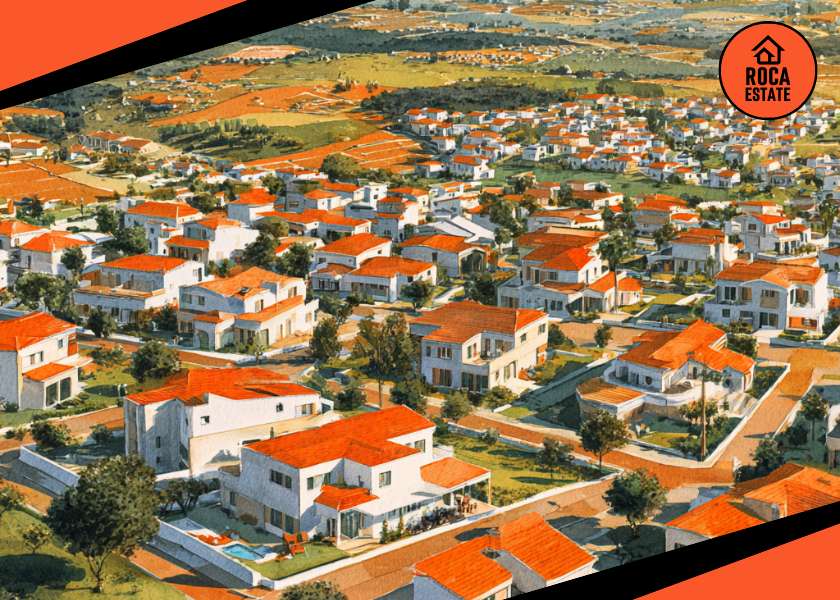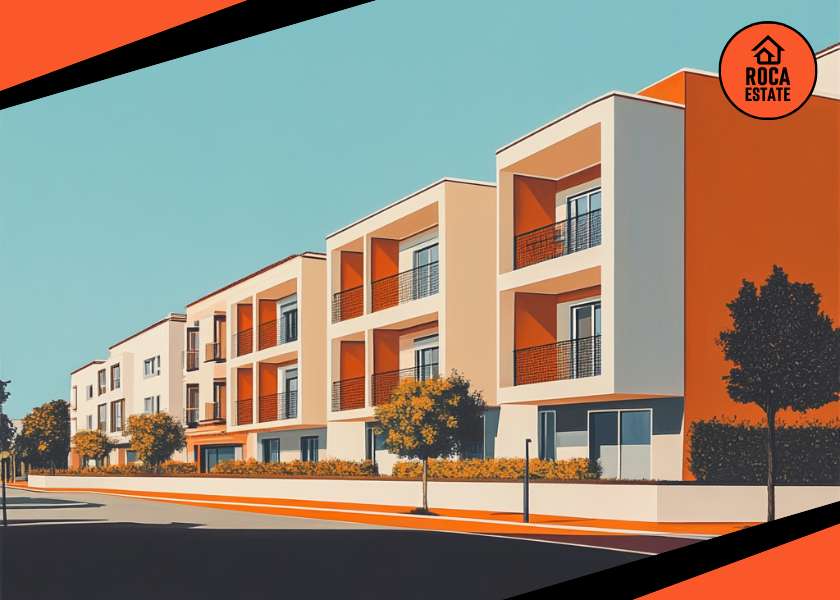According to recent data, the tourism accommodation sector in Portugal exhibited signs of recovery in September 2024. Following a three-month slowdown, the sector achieved growth in both total revenues and key indicators like Revenue Per Available Room (RevPAR) and the Average Daily Rate (ADR). This resurgence highlights Portugal’s appeal as a top tourist destination, particularly in key urban areas like Lisbon and the Algarve.
For investors in the Portuguese real estate market, these trends indicate favorable conditions and growing demand in the hospitality sector, which has broader implications for real estate investments across the country.
Performance Highlights and Growth Trends
- Revenue Growth:
- Total revenue in the tourist accommodation sector reached €796 million, a year-on-year increase of 12%.
- Revenue from accommodation specifically rose by 12.7%, reaching €623.8 million.
- This increase in revenue, especially after previous months of slowdown, signals the resilience of Portugal’s tourism sector.
- RevPAR and ADR Metrics:
- The RevPAR stood at €96.5, marking a 9.6% rise, while the ADR climbed by 9.1% to reach €138.4.
- Greater Lisbon and the Algarve recorded the highest ADRs, at €182.3 and €144.2, respectively. These figures underscore the continued popularity of urban and coastal locations for both domestic and international travelers.
- Overnight Stays and Occupancy Rates:
- The total number of overnight stays reached 8.4 million in September, with a 2.4% year-on-year increase.
- A key growth driver was the 3.5% rise in overnight stays by non-residents, indicating strong international interest.
- Conversely, overnight stays by residents in Portugal fell slightly by 0.6%, reflecting a nuanced shift in demand composition between local and international markets.
- Regional Standouts:
- Lisbon continued to lead with 17.7% of all overnight stays, particularly driven by international visitors.
- Notably, Ponta Delgada in the Azores experienced an 8.1% increase in overnight stays, underscoring its growing attractiveness as an alternative destination.
Implications for Real Estate Investors
These findings hold several critical insights for real estate investors focused on the Portuguese market:
- Increased Demand for Hospitality Properties: The rise in RevPAR and ADR, particularly in Lisbon and the Algarve, signals strong demand and potential profitability in the hospitality real estate segment. Investors may find high returns on investments in short-term rental properties, hotels, and serviced apartments in these high-performing areas.
- International Tourism Driving Market Dynamics: The notable growth in non-resident overnight stays suggests that Portugal’s tourism growth is increasingly driven by international visitors. Real estate investors could benefit by targeting properties attractive to this demographic, including high-end accommodations, vacation homes, and other luxury developments.
- Regional Diversification Opportunities: While Lisbon and the Algarve remain prime locations, emerging destinations like Ponta Delgada in the Azores also show substantial growth. Diversifying investments into these growing areas could allow investors to capture value in regions with expanding tourism appeal.
- Urban and Coastal Areas as Core Assets: The data emphasizes that demand remains particularly strong in urban centers and coastal areas. Properties in these regions, whether residential or commercial, are likely to continue attracting international buyers and renters, reinforcing their positions as core assets within the Portuguese real estate landscape.
Strategic Considerations
Given these trends, real estate investors should consider focusing on well-performing areas while also exploring up-and-coming regions. Investments in hospitality-focused properties and vacation rentals in prime and emerging locations align well with current market conditions. Additionally, investors might benefit from monitoring monthly data releases, as regular analysis of trends can provide timely insights for investment adjustments and help navigate Portugal’s dynamic real estate market effectively.
Conclusion: The September 2024 tourism data underscores Portugal’s resilience and attractiveness as a tourist destination, reinforcing its potential as a profitable real estate market for investors. With international demand on the rise and growth in RevPAR and ADR, Portugal presents a compelling case for investment, particularly in key urban and coastal locations. Regular analysis of tourism and real estate trends will be essential for making well-informed investment decisions in this evolving market.
Guests in tourist accommodation establishments
Overnight stays in tourist accommodation establishments
Overnight stays in tourist accommodation establishments (by region)
Net room occupancy rate in tourist accommodation establishments
Net room occupancy rate in tourist accommodation establishments (by region)
Portugal’s booming tourism activity continues to drive demand in the property sector. For investors looking to explore real estate investment in Portugal, this resurgence highlights the growing potential of high-yield markets. Learn how Roca Estate identifies and secures the best investments in Portugal through a data-driven approach and hands-on support.

